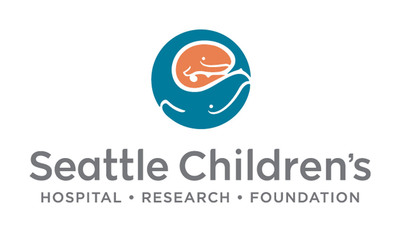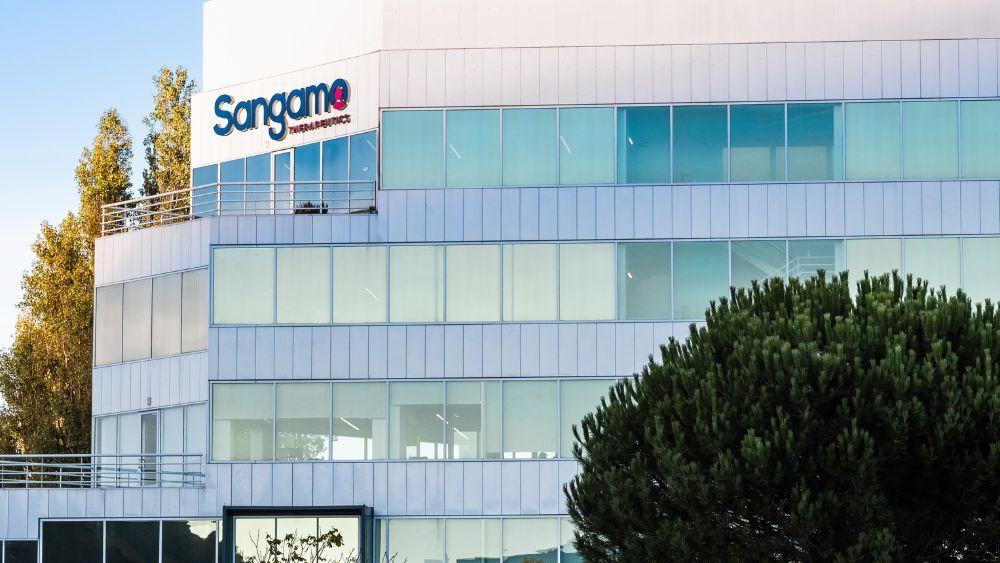cta
SEATTLE, May 23, 2017 /PRNewswire/ -- In an effort to find new strategies to personalize treatment for pediatric patients, Seattle Children’s has opened the first clinical trial applying next-generation T-cell receptor (TCR) sequencing and single-cell gene expression analysis to better understand how the immune system drives both inflammatory bowel disease (IBD) in pediatric autoimmunity patients and graft-versus host disease (GVHD) in pediatric bone marrow transplant (BMT) patients.

The PREDICT (Precision Diagnostics in Inflammatory Bowel Disease, Cellular Therapy and Transplantation) trial is expected to first provide clinicians new information about why IBD arises in children, allowing them to tailor treatment plans to each patient. The trial will later expand to include BMT patients with the goal of identifying the immunologic changes that occur when a patient develops GVHD, the deadliest complication associated with BMT. BMT is used to treat a range of pediatric conditions from leukemia to inherited bone marrow failure syndromes, congenital metabolic disorders and other metabolic diseases.
“PREDICT seeks to change the paradigm of treatment by first changing the paradigm of diagnosis,” said Dr. Leslie Kean, the trial’s principal investigator who leads a lab focused on T-cell immunology and is the associate director of the Ben Towne Center for Childhood Cancer Research at Seattle Children’s Research Institute. “By gaining foundational molecular diagnostic knowledge about a patient’s T cells, we hope to ultimately discover better treatment approaches for IBD and GVHD.”
As part of the trial, Kean and her team will perform TCR sequencing and gene expression analysis on samples collected from 100 IBD and 250 BMT patients. The data resulting from the initial and follow-up analyses will help researchers pinpoint molecular pathways active within a patient’s T cells that could serve as therapeutic targets in future studies. The researchers will collaborate with Adaptive Biotechnologies by implementing their immunoSEQ® platform for high-throughput TCR sequencing and conducting TCR repertoire analyses. The single-cell gene expression analysis will be performed using the Chromium Single Cell 3 Solution supplied by 10x Genomics, which will enable gene expression patterns to be discovered in each patient’s individual T cells.
Over the next two years, Kean will work in partnership with transplant, gastroenterology and immunology physicians to first enroll IBD patients who are undergoing their diagnostic evaluation and treatment at Seattle Children’s, with plans to open the BMT cohort later this year.
A bridge between the bowel and bone marrow
GVHD occurs when the T cells of newly transplanted bone marrow begin to attack a patient’s tissues, including those of the skin, liver and intestine. The impact to the gastrointestinal tract can be extremely difficult to overcome and is the most deadly complication of BMT. In patients with IBD, a similar pathogenesis is observed where components of the immune system, including T cells, react abnormally over time causing chronic inflammation in the digestive system. Standard treatments aimed at suppressing or modulating the immune response are often ineffective in managing diseases like IBD and GVHD. In both diseases, there is a need for new, targeted therapies able to prevent or treat the diseases without causing the side effects that plague current treatments.
“IBD and GVHD have a lot more in common than meets the eye when it comes to the underlying immune response they trigger,” said Kean. “PREDICT aims to bridge IBD and GVHD, shedding new light on the immunologic similarities they share and identifying the molecular causes of each patient’s disease. This will create a unique opportunity to make significant headway in the treatment of both diseases, with the focus on each child and their unique disease signature.”
Initial funding for the PREDICT trial was provided through a Seattle Children’s Research Institute pilot grant and made possible with support from biopharmaceutical collaborators.
For more information on the PREDICT trial at Seattle Children’s, please email predict@seattlechildrens.org.
About Seattle Children’s
Seattle Children’s mission is to provide hope, care and cures to help every child live the healthiest and most fulfilling life possible. Together, Seattle Children’s Hospital, Research Institute and Foundation deliver superior patient care, identify new discoveries and treatments through pediatric research, and raise funds to create better futures for patients.
Ranked as one of the top five children’s hospitals in the country by U.S. News & World Report, Seattle Children’s serves as the pediatric and adolescent academic medical center for Washington, Alaska, Montana and Idaho the largest region of any children’s hospital in the country. As one of the nation’s top five pediatric research centers, Seattle Children’s Research Institute is internationally recognized for its work in neurosciences, immunology, cancer, infectious disease, injury prevention and much more. Seattle Children’s Hospital and Research Foundation works with the Seattle Children’s Guild Association, the largest all-volunteer fundraising network for any hospital in the country, to gather community support and raise funds for uncompensated care and research.
For more information, visit seattlechildrens.org or follow us on Twitter, Facebook, Instagram or on our On the Pulse blog.
Media Contact:
Lindsay Kurs
Seattle Children’s Public Relations
lindsay.kurs@seattlechildrens.org or 206-987-5752
To view the original version on PR Newswire, visit:http://www.prnewswire.com/news-releases/seattle-childrens-brings-first-of-its-kind-precision-medicine-clinical-trial-to-inflammatory-bowel-disease-bone-marrow-transplant-patients-300462186.html
SOURCE Seattle Children’s Hospital





